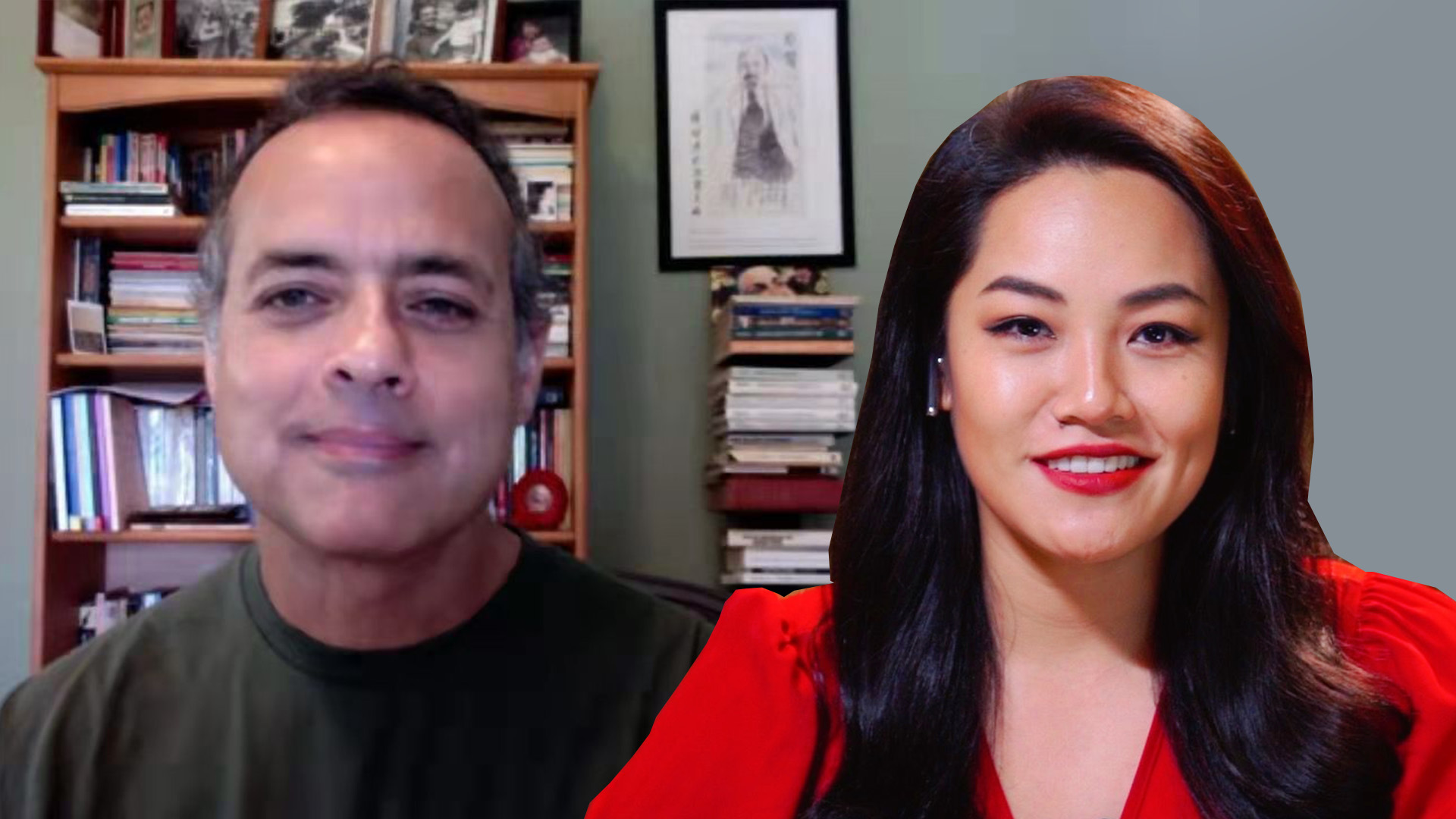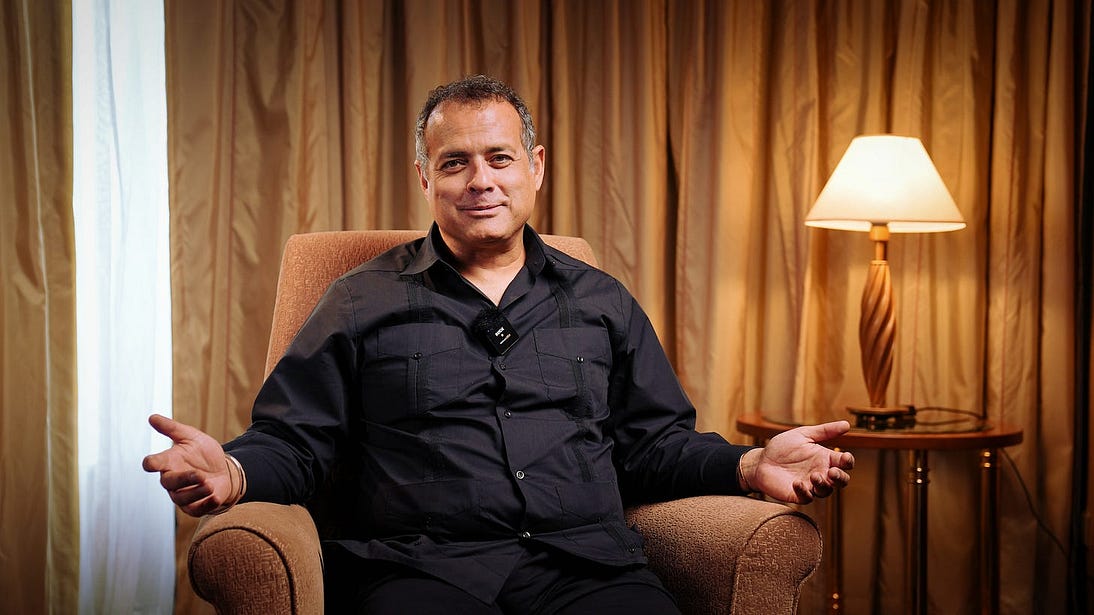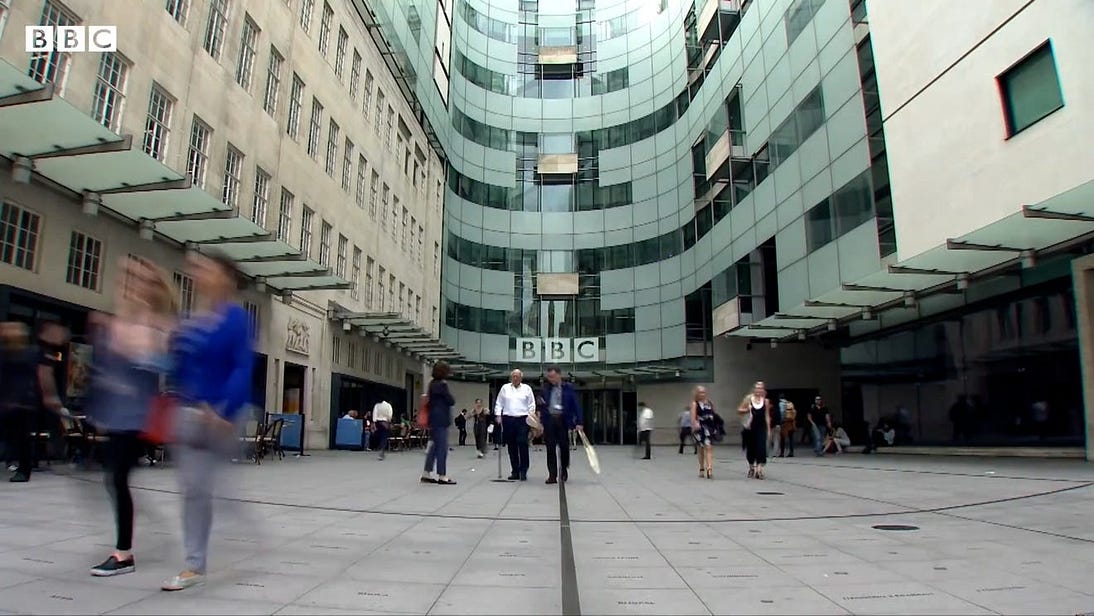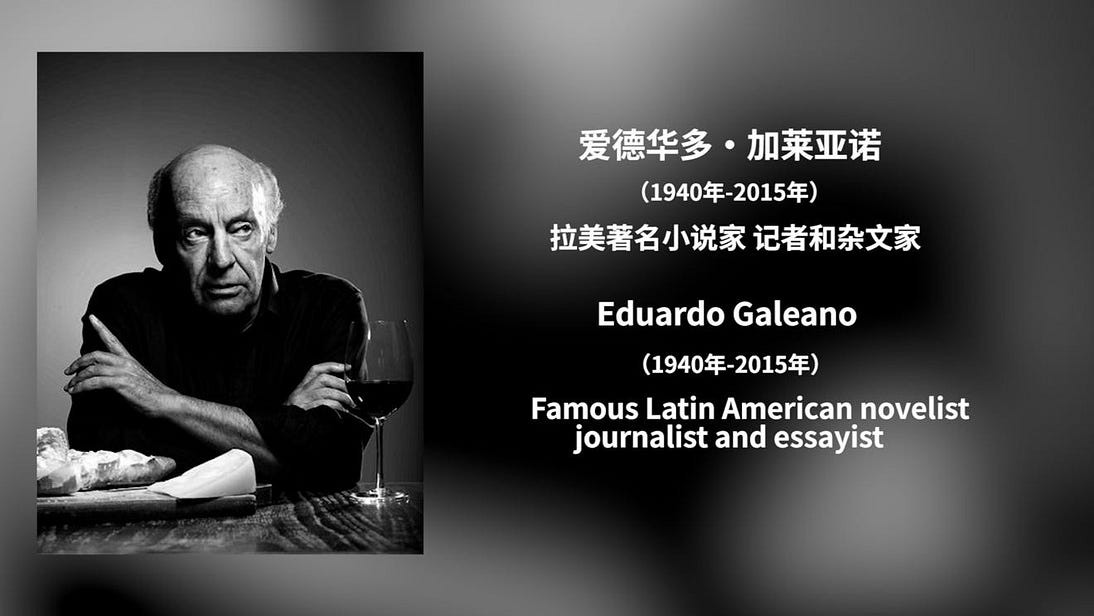风萧萧_Frank
以文会友
Even after so many wars across the world and the consequent casualties, "they still have this huge feeling that the West only acts to bring good, never for some bad purpose, the adversaries of the West are always savages, that's the colonial mindset," Vijay Prashad, Indian journalist and executive director of Tricontinental: Institute for Social Research, slapped the absurd standard that exists among some people and media in the West in a recent interview with CGTN.
As an experienced journalist and writer, Prashad has long been an outspoken critic of the hegemony and imperialism of Western governments.
Even with the incredible amount of evidence for war crimes revealed by whistleblowers like Chelsea Manning, many still believe the wars waged by some Western governments are in goodwill despite the brutal killing of locals in masses, Prashad said. Yet when the colonized people rise up, they are often described as "savages."
The same attitude applies to the recent "AUKUS," the new military pact between the U.S., the UK and Australia, which means the former two countries will help the latter to build nuclear-powered submarines and thus increase their military presence in the Pacific Region.
Some media outlets claim aggression from China led to the formation of the new trilateral pact, despite countries like the U.S. having hundreds of military bases across the Indian and Pacific oceans and consistently encroaching in China's waters.
"You worry about the integrity of islands? Deal with climate change!" Prashad said, adding that rising sea levels are more of a threat to those islands if those governments truly care them. "Deal with the fact Emmanuel Macron went to the so-called French Polynesia, and he was asked to apologize for over 30 years of nuclear testing so far away from territory of France, let's talk about those aggressions also."
Although Prashad criticized U.S. foreign policy, he emphasized it's not to demonize or defeat the U.S. government. It's about building a multilateral world where other countries are able to put forward their opinions, he said, where people respect other people's opinions.
"We need to move away from a unipolar world system where one country tries to define everything, we need to move to regionalism, to multipolarity, we need to have a much more multilateral world order," he added.
Vijay Prashad: Why Rich Countries Become Racist?
The China Academy Jun 21, 22023
https://medium.com/@thechinaacademy/vijay-prashad-why-rich-countries-become-racist-b74dfa14bda0
Why India people believe BBC is telling the truth? Why TikTok struggles to be able to platform and highlight views of the south?Today, Vijay Prashad will continue to tell us why media from the Global South is fighting for their own narrative.

By Vijay Prashad 6 May 2023
Sometimes at night before I go to sleep, I watch Tik Tok. Tik Tok is not a western dominated app, and yet even Tik Tok struggles to be able to platform and highlight views of the south.
There’s the hardware question, very important question should not be underestimated. The hardware gap means that in many cases, even media of the South has to rely on the hardware of the North. There’s hardware things, don’t have sophisticated satellite systems.
But actually underneath that is even more difficult challenge, which is the issue of credibility.
At some level, colonialism has this legacy in our world where people even in the Global South trust media when it comes from the north, like BBC is supposedly trustworthy, or CNN or Agence France-Presse, or the Associated Press and so on. There’s a kind of, a sense that western media is not biased. There’s a sense even though that is decreasing now. Still there, all these decades after colonialism, people still think maybe it’s a report from the New York Times, it’s credible.

They have purchased credibility as part of the colonial heritage. So it’s very difficult for media houses in the south to generate the same kind of credibility.
Firstly, people don’t have the resources like… Why is it that? Say South African Broadcasting Corporation, government television station is not watched outside south africa. There is no appetite to watch South African television, or to watch Cuban television, or to watch even brazilian television.

Now some of it is language, language has never been the main barrier. There’s also the sense that they tell South Africa stories, not international. “International” is the domain of the old colonial countries. They dominate the telling of international news. So that’s a huge challenge, this idea of credibility.
I think Chinese media is finding that now. Chinese media has a hard time establishing itself globally because even in countries in the South, people don’t necessarily see it as the most reliable television channel available.
CGTN broadcasts all over the place, but people say that’s a chinese network or it’s a chinese government thing or it’s the chinese anchors. But it’s okay for BBC, you see that’s british broadcasting, a tiny country, United Kingdom, but they have so much credibility.
We have to close this credibility gap because it’s ridiculous. This understanding that it’s a European channel, therefore it must be telling the truth and a Chinese channel channel is giving the Chinese point of view. That’s a racist argument.

So to overcome this credibility gap, this credibility gap, in my opinion, is as severe as the hardware gap.
Facebook is a western dominated platform. That’s the hard way gap. Yet we have to try to go on facebook and say, hey, listen,I’ve just done a show, come and watch. But then there comes a credibility gap because you’ll get as they used to do: label you as “State Affiliated Media” or this or that or the other. And it’s not only that. They’ll just throw you off the platform saying you are promoting propaganda or you’re promoting lies. You challenge the western story on things and they’ll say it’s propaganda, It’s Putin’s talking points, you get removed.
So you see how these two gaps, the hardware gap and the credibility gap come together.
because there’s a hardware gap. We are not able to generate big media companies with massive delivery of news through cable TV. Even though social media is so powerful, there are influencers and all of that, but there are often clips from big cable television companies that get shared a lot.
We have to go on their platforms to promote our material. When we go on their platforms, they de-platform you or they belittle you by putting a tag saying “ this is not serious” and so on, so that increases the credibility gap. So that’s why these two gaps sort of work in tandem.
Now you say “Why don’t we build our own platforms?” It’s true. Country like china has built a lot of platforms, Weibo, BiliBili and so on. But again, these are not easy to become universal because the principal language on the platform is Chinese and Chinese is not a language that a lot of people around the world are going to learn. For good reasons or bad reasons or whatever reason, English is dominating in the social media world. It’s a fact and it’s hard to fight this fact.
It’s hard to get people to say “go on BiliBili, don’t go on facebook” or whatever. They’re going to do all these things. People are going to go on all these platforms. It’s these things together. The hardware gap, It’s very difficult to close that. So these two things, they they’re like the dna strands, the double helix of adna strand, the hardware gap and the credibility gap, and they work together for a very long time for decades now. But the hardware gap has to be closed but the real gap and the most difficult gap to close is a credibility gap.
My friend Eduardo Galeano, the great Uruguayan writer used to repeat this very nice story. He would say that scientists say that humans are made of atoms, but actually that’s not true. Humans are not made of atoms. Humans are made of stories. What makes a human different from everything else in the world is we carry stories inside us.

And I believe very much that the role of the storyteller in society is the role of the peacemaker because you bring people together and I think stories or the exchange of stories humanizes people it makes us love and appreciate each other.
What happens often is the way the world works is we start losing that humanity we learn. We have so many common problems in the world, but because we’re not listening to each other, we’re not attending to the different stories that different people carry. We don’t trust each other. We want to confront each other. We go to war and so on.




